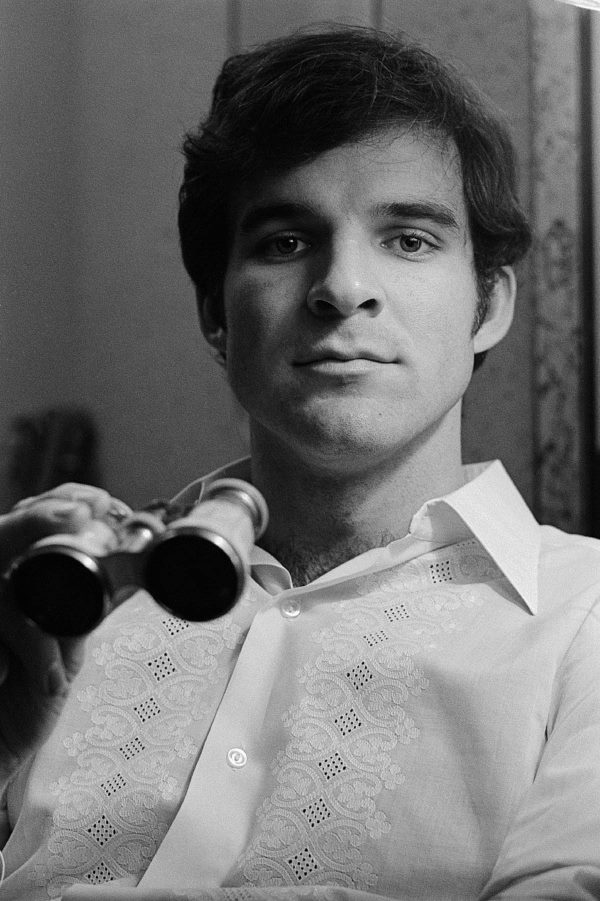
Dear Friends of the Pub Quiz,
In a January, 2022 article in The New Yorker, Deep Work author Cal Newport suggested that we should work more slowly to get more done. That seems nonsensical at first, for we think that people who work slowly (I think of Flash, an actual sloth who works for the equivalent of the DMV in the animated film Zootopia) are naturally less productive. But I bet many of us have experienced days where spending time discussing the abundance of action items on our TO DO lists, if only with ourselves, has taken the place of actually doing the work.
Newport suggests that the overwhelm of having so many action items actually makes us less productive: “When you’re tackling too many . . . projects concurrently, . . .. the combined impact of all of the corresponding meetings and messages can take over most of your schedule, creating an overhead spiral of sorts in which you spend significantly more time talking about work than actually getting it done—a form of wheel-spinning freneticism that amplifies frustration and, ultimately, leads to burnout.”
Even though I’ve tried to take on less during the two years of the ongoing pandemic, now that we are teaching in person again, I see how the tasks are swallowing my days. To take stock of my responsibilities, I recently counted up the categories of work I do for which I could use support from an undergraduate assistant or two. I came up with 21 categories. Thankfully, many of the projects for which I need help are self-assigned. Unwritten books far outnumber even the written ones.
I share such opportunities with potential student helpers not only because I do too much and could use the help, but also because I enjoy mentoring students individually, helping them to discover and take advantage of resources made available by me, by the university, and by our city of Davis. I’ve helped students choose and prepare themselves for more ambitious goals than they originally thought possible, testing out what Stephen Covey says in The 7 Habits of Highly Effective People: “Treat a man as he is and he will remain as he is. Treat a man as he can and should be and he will become as he can and should be.” Covey uses gender-specific language, but over the years I have hired more women than men.
What can I offer them? As if holding magic binoculars, I try to look into a student’s future, with the hope of alerting them to what is coming around the corner. Sometimes the wisdom I impart upon students comes out of conversation, from readings that we share with one another, or from favorite comedians. Two quotations by Steve Martin, both making self-deprecating comparisons, come to mind: “Thankfully, persistence is a great substitute for talent.” Teaching students to value the work for its own sake, to make daily incremental progress towards their goals, and to keep submitting their projects for evaluation, despite the inevitable rejections, helps them to build the habits necessary to succeed. As a poet, I also remind the students I mentor to be creative. Steve Martin also said, “I have found that, just as in real life, imagination sometimes has to stand in for experience.”
Persistence and imagination! As Steve Martin and Cal Newport could tell you, by setting big goals and then patiently working on them, we will likely get less done in an hour or a day, but accomplish more of what matters in a year, or a lifetime. I have found that I can do so especially when I benefit from the help, ingenuity, and imagination of California’s best undergraduates.
Nobody, except perhaps the millions of contributors to Wikipedia, have helped me with the quiz I wrote this week. Some tasks we are uniquely qualified to do, no matter the talent of whose who offer their help. Expect questions on topics raised above, as well as the following: towels, apologies, retributions, Nashville distances, invasions, symbols, minerals, guitarists, textiles, light years, podcasts, late-night comedians, marmots, clutches, jumps, chefs, bookstores, beans, pans, vaccination providers, canyons, trials, nerds, dogs and other animals, bridges, ladies, centuries in Asia and Europe, current events, and Shakespeare.
Thanks to all the players and teams who join us on Patreon and thus subscribe to these newsletters, and/or the pub quizzes. The Original Vincibles, The Outside Agitators, and Quizimodo deserve a special shout out for their sustaining support. Let me know if you would like to see your name or team name appear here. In addition to the money I already send to the Yolo Food Bank, I will make a $20 donation to this stellar local charity in the name of any first-time subscribers, even if you subscribe for only a month. I think you will value receiving the quizzes every week.
Thanks for reading to the bottom of this week’s newsletter. Stay safe!
Dr. Andy
P.S. Here are five autograph questions from last week’s quiz:
- In 2012, a librarian at a high school in Tupelo, Mississippi discovered a library card in the back of an old book signed in 1948. This is the oldest known autograph by what person?
- The earliest known autograph by a major historical is that of El Cid, Prince of Valencia (1098). Name the country.
- Who was the earliest U.S. president not to have signed the Declaration of Independence?
- An autographed first-edition copy of what James Joyce novel has the greatest value of any of his autographed books?
- Queen Elizabeth II signs her name “Elizabeth R.” What does the R stand for?
P.S. “True friendship is a plant of slow growth, and must undergo and withstand the shocks of adversity, before it is entitled to the appellation.” George Washington



